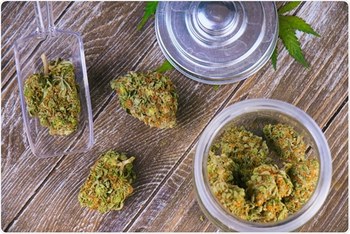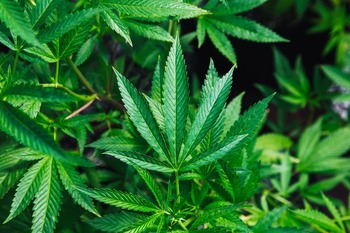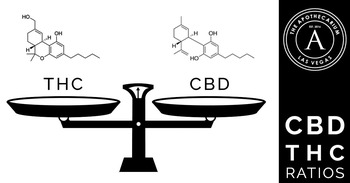
Health Effects of Eating Weed
Weed, also known as weed among other names, is the most frequently used illicit drug among adults and adolescence. Illicit drugs are substances that stimulate or inhibit the central nervous system or cause hallucinogenic reactions. The psychoactive influence of weed is due to an ingredient called tetrahydrocannabinol (THC). The recent legalization trends around the world have led to an increase in its use in both medical and recreation settings. This has contributed to the increase in production of hemp-based products. THC edibles is an area of increasing popularity and caution since the oral route of administration can elicit extreme reactions.
Potential risks of THC edibles
Even though weed edibles are considered a safer alternative for attaining the intoxicating effects of hemp, there has been relatively little research on how the ingestion of weed differs from other methods of administration in terms of subjective effects and safety. The most prominent difference is the delayed onset of the effects of hemp. When eaten, as compared to when smoked, the effects of hemp take longer to begin and last longer.
A recently published study in the Annals journal showed an increase in the number of people admitted to the emergency rooms in hospitals after using weed between 2012 and 2016. While the focus was primarily on inhaled hemp, edibles had a significant role. A proportion of the people who consumed THC edibles was reported to experience short-term psychiatric symptoms such as anxiety and psychosis. Heart problems were also common among people who consumed edibles. Eight per cent of the reported cases had an irregular heartbeat and even heart attacks. However, this study only demonstrates a correlation rather than a strict causality relationship between THC edibles and adverse health conditions.
Research of self-administration of THC in mice
Recent research looked into the health effects of THC edibles in mice. For the purpose of the experiment edible dough, consisting of flour, sugar, salt and glycerol, was infused with THC doses proportioned individually per mouse. The impact of gradually increasing doses of THC on the locomotor activity and body temperature of the mice was assessed.
Results revealed that mice consistently consumed THC dough on multiple occasions across a range of doses. THC caused dose-dependent hypolocomotion that lasted a couple of hours regardless of the gender of the mice. These effects were reduced when a CB1 receptor antagonist was administered which means that THC binds to CB1 receptors in the brain.
When consumed chronically, THC caused a decrease in body temperature and this effect was more pronounced in female mice. This is the first report of voluntary oral self-administration of THC in animal models. This method of consumption is analogous to human consumption, namely edible THC but like all animal models may not accurately reflect the results if the same experiment was carried out in humans.




